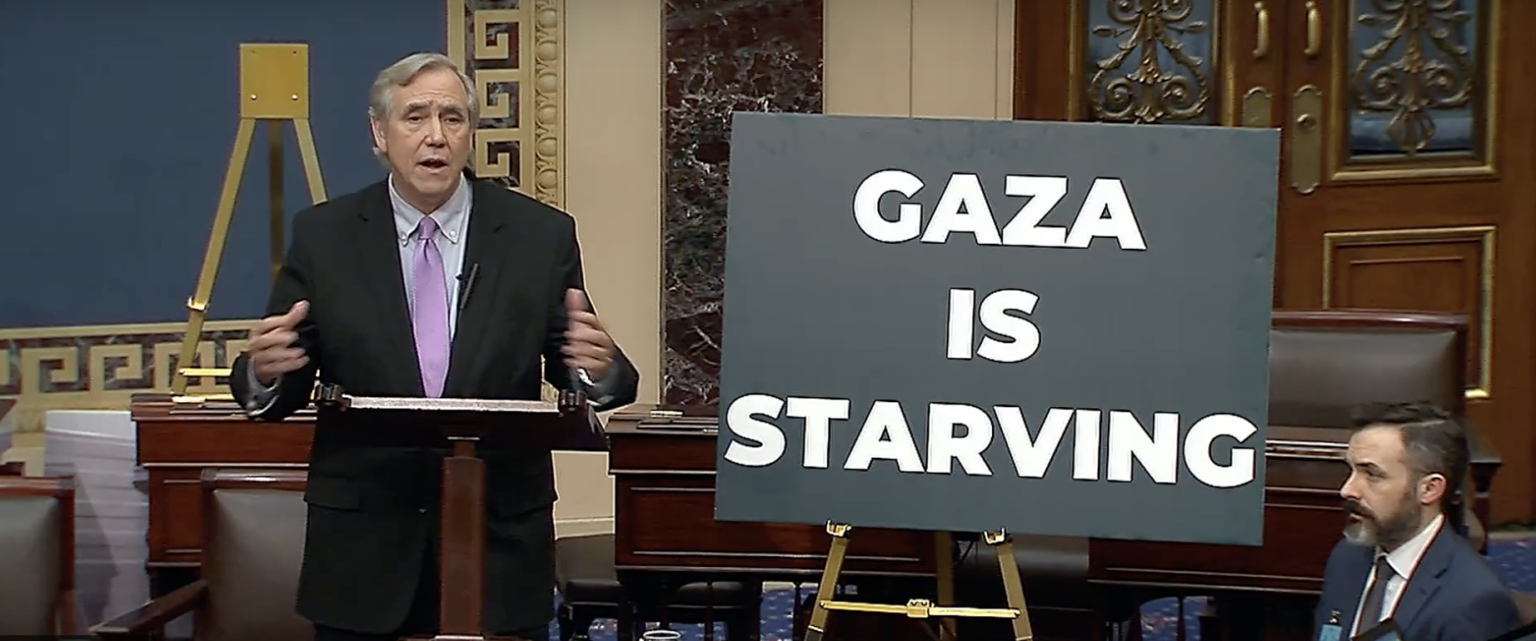OPINION: Put energy into restoring rights of Palestinians
Published 1:45 pm Monday, December 16, 2024

- Timothy Crawley
In the days following the Dec. 7, 2024, fall of Bashar al-Assad’s regime in Syria Israel entered the demilitarized zone in the Golan Heights, a 155-square-mile strip of land created by the United Nations in 1973 following the Yom Kippur War.
Trending
This move, denounced by various Arab States but which Israeli Prime Minister Benjamin Netanyahu justified for security reasons, demonstrates Israel’s commitment to securing its regional land claims.
On Nov. 25, 2024, less than two weeks earlier, Time Magazine was interviewing President-elect Trump as ‘Person of the Year’ in a wide-ranging piece in which his interviewer asked if the President-elect still supported the plan for a two-state solution his administration had comprehensively designed during his first term. His response:
“I support a plan of peace, and it can take different forms … There are other ideas other than two state, but I support whatever, whatever is necessary to get not just peace. A lasting peace. It can’t go on where every five years you end up in tragedy. There are other alternatives.”
Trending
Trump may have altered the Israel-Palestinian dialogue and how it will unfold for years to come. His statement acknowledged the tragedy of events that have taken place over the past several decades under the confines of the two-state dialogue.
The political divisions between Hamas and the PLF in Gaza and the West Bank, respectively; the resurging conflicts between Israel and Hamas resulting in a multitude of crises in the Gaza Strip, and the geographical silos within which West Bank Palestinians are cordoned all occurred while the international community has gripped, with hope, the idea that there was possibility in the partition of the Holy Land.
The President-elect shown light on an idea with “relatively deep roots” in both Jewish and Palestinian communities. Professor George Bisharat of UC Law in San Francisco, an advocate of a one-state solution under a “rights-based approach” focusing on maximizing the rights of Palestinians and Israelis under a single state, in an article published in Global Jurist Frontiers in 2006, points out that “[i]n the period before Israel’s foundation, prominent Jewish intellectuals Judah Magnes, Martin Buber, and Hannah Arendt supported a program to establish a common Jewish-Arab state in Palestine in which all citizens, regardless of ethnic or religious affiliation, would live as equals.”
Likewise, he indicates, the Palestinian Liberation Organization (PLO), in the late 1960s, advocated a single unified secular state for the enjoyment of Jews, Muslims and Christians.
Israeli land interests in the West Bank and the Golan Heights have only increased. Indeed, its vacationers pass through a securitized road on their way to the Dead Sea, an area purportedly belonging to the Palestinian West Bank, but where Israeli resorts have sprouted up, protected by Israeli military outposts. Settlers remain largely unaccountable for continued encroachment into Palestinian farmlands.
A two-state solution runs counter to the prevailing Jewish-ethno-nationalist agenda the Netanyahu administration advances, as a Palestinian state threatens the security of the Israeli state and undermines the Jewish historical and biblical claims to the land of Israel. Drawing any firm lines on the map recognizing a Palestinian state is not realistic in light of the current political climate.
Israel has grown to include a significant stretch of the Mediterranean, the Negev desert, Jerusalem, the Gallilee, the Golan, the West Bank, and more as Israel announced yesterday its intent to increase settlements in the Golan. Perhaps the pressures of the International community would best be served if aimed toward advocating the rights of those living within the lines Israel has drawn for its border.
A two-state solution (in the Middle East) runs counter to the prevailing Jewish-ethno-nationalist agenda the Netanyahu administration advances, as a Palestinian state threatens the security of the Israeli state and undermines the Jewish historical and biblical claims to the land of Israel.
Timothy Crawley







